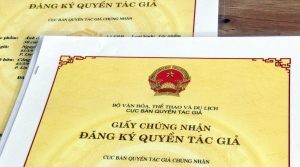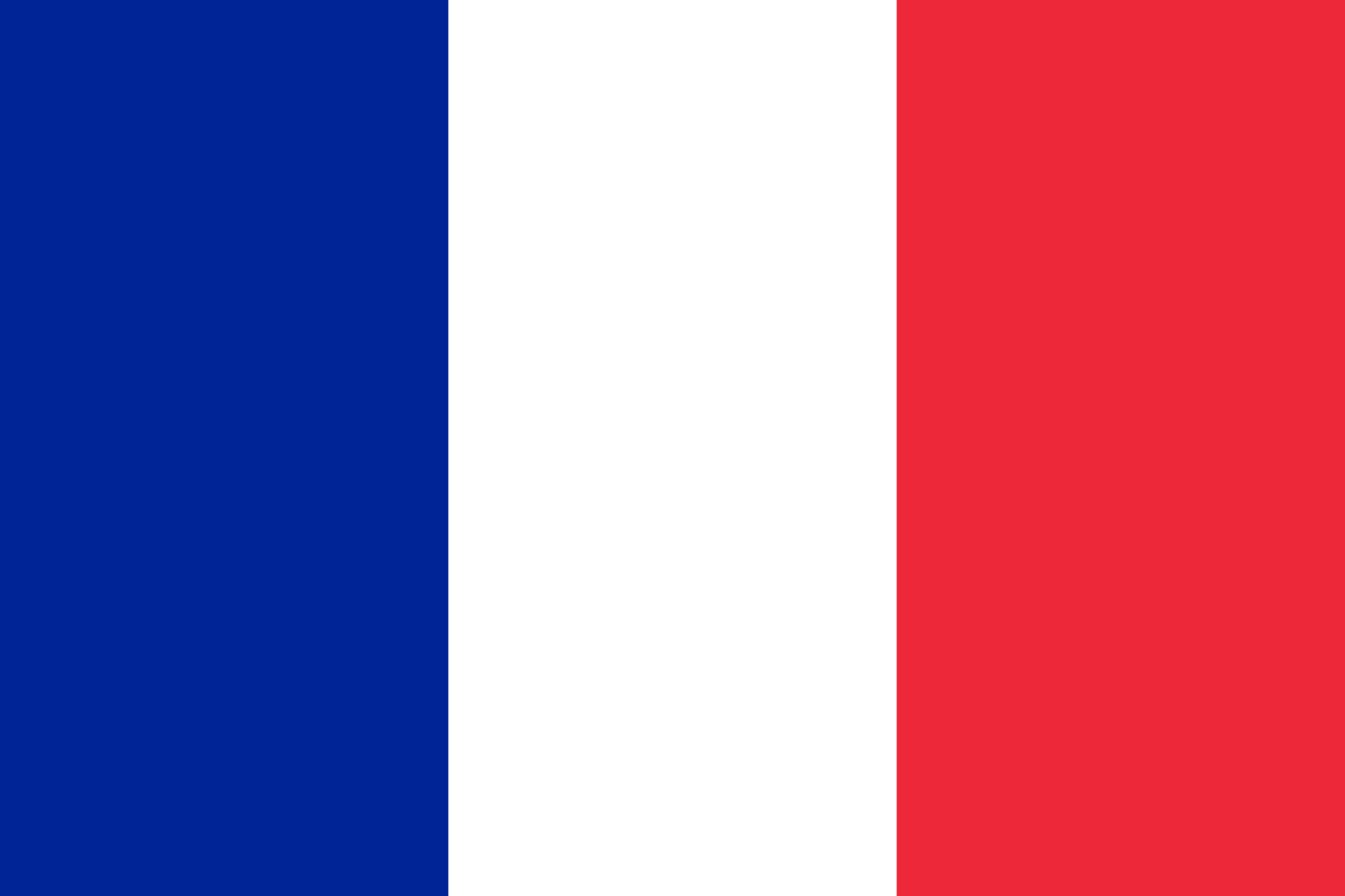OUR SERVICES
As a leading IP law firm of Vietnam throughout the past three decades, D&N International provides
a full range of legal services in the following main areas of practice:
Copyright Overview
AUTOMATIC ESTABLISHMENT OF COPYRIGHT

Under the current IP Law of Vietnam, a work is defined as “a creation of the mind in the literary, artistic or scientific domain, whatever may be the mode or form of its expression”. Copyright over a work arises at the moment when the work is expressed in a certain material form, regardless of its content, quality, presentation, means of fixation, language and whether or not it has been published or registered.
Even though registration of copyright is not required or obligatory to obtain copyright protection, copyright owners are always advised to register their works with the Copyright Office of Vietnam (COV) as copyright registration certificates will be used as a prima facie evidence of ownership. In other words, the owner of a copyright registration does not have an obligation to prove the ownership in case of a dispute, unless there is proof to the contrary.
OUR SERVICES
D&N International is capable to represent clients in the registration of their works at the Copyright Office of Vietnam (COV) and offer practical advice to clients on the strength and extent of copyright protection for a variety of works including literary, artistic, scientific work as well as computer-related software technology. Our firm’s practice for copyright covers:
- Counselling on the ability to copyright various types of materials;
- Securing copyright registrations before the COV;
- Negotiating and drafting copyright and/or related right license agreements;
- Counselling and enforcing copyrights though negotiation and litigation.
GENERAL INFORMATION ON COPYRIGHT PROTECTION IN VIETNAM
Types of copyrightable and uncopyrightable works
Under the current IP Law, only the works belonging to the 12 prescribed categories may enjoy copyright protection. In addition to the traditional ones such as literary and scientific works, textbooks, teaching courses; musical, dramatic, cinematographic, applied art, photographic, architectural works etc., the list also extends to cover press works, computer programs and compilations of data. As such, it is crucial that a work must be able to be classified in the closed list stipulated in Article 14 of the IP Law so that copyright thereof can be claimed or registered.
At the same time, the materials listed below shall obviously be excluded from copyright protection:
– News of the day as mere items of press information.
– Legal documents, administrative documents and other documents in the judicial domain and official translations of these documents.
– Processes, systems, operation methods, concepts, principles and data.
Moral rights
Moral rights of authors, which are stipulated in Article 19 of the IP Law, include the following rights:
- To title their works;
- To attach their real names or pseudonyms to their works; to have their real names or pseudonyms acknowledged when their works are published or used;
- To publish their works or authorize other persons to publish their works;
- To protect the integrity of their works, and to prevent other persons from modifying, mutilating or distorting their works in whatever form prejudicial to their honor and reputation.
Economic rights
Economic rights of authors, which are stipulated in Article 20 of the IP Law, include the following rights:
- To make derivative works;
- To display their works to the public;
- To reproduce their works;
- To distribute or import original works or copies thereof;
- To communicate their works to the public by wire or wireless means, electronic information networks or any other technical means;
- To lease original cinematographic works and computer programs or copies thereof.
Term of copyright protection
According to Article 27 of the IP Law:
- All the authors’ moral rights shall be protected for an indefinite term, except for the right to publish their works or authorize other persons to publish their works which enjoys the same protection as the economic rights depending on the types of the works;
- Depending on the types of the works, the author’s right to publish their works or authorize other persons to publish their works and all the economic rights will enjoy different protection terms. For example:
+ cinematographic works, photographic works, works of applied art and anonymous works shall enjoy the term of protection of 75 years as from the date of first publication;
+ for works of other types, the term of protection shall be the whole life of the author and 50 years after his/her death or, in the case of a work under joint authorship, shall expire in the fiftieth year after the death of the last surviving co-author.
Protection of foreign works
Foreign works are eligible for copyright protection in Vietnam if they are (i) published for the first time in Vietnam but not in any other countries, or published simultaneously in Vietnam within 30 days from the first publication in other country; or (ii) protected under international treaties to which Vietnam is a member.
Currently, Vietnam is member of the Bern Convention for the protection of litterary and artistic works; Geneva Convention for the Protection of Producers of Phonograms Against Unauthorized Duplication of their Phonograms; Brussels Convention relating to the distribution of encrypted program-carrying satellite signals, TRIPS, CPTPP, EVFTA and most recently, WIPO Copyright Treaty (WCT).
Limitations on copyright protection
The use of copyrighted works without the owner’s permission is not considered as copyright infringement in the cases as defined by the IP Law (Articles 25 and 26). Such use may or may not require the payment of royalties, but must not adversely affect the normal exploitation of the copyrighted work or prejudice the owner’s legitimate rights. Moreover, the author’s name and original work must always be cited.
Copyright Registration
As mentioned, though optional, copyright owners are always advised to register their works with the Copyright Office of Vietnam (COV) as copyright registration certificates will be used as a prima facie evidence of ownership. Normally it may take 3-4 weeks in a smooth case for the certificate of copyright registration to be issued.
owners are always advised to register their works with the Copyright Office of Vietnam (COV) as copyright registration certificates will be used as a prima facie evidence of ownership. Normally it may take 3-4 weeks in a smooth case for the certificate of copyright registration to be issued.
Under the current copyright law and regulations, the basic documents which are normally required for a copyright application are as follows:
(i) 02 copies of the work;
(ii) 01 original Power of Attorney;
(iii) Documents evidencing the right to file the copyright application if the applicant is not the author;
(iv) Agreement of all joint authors if the work was created by joint authors;
(v) Agreement of all joint owners if the copyright of the work belongs to joint ownership.
However, since there is no detailed guideline on this matter under the current IP regulations, the forms and specific requirements of the said documents may vary depending on a case-by-case basis. For example, in a number of cases that we have successfully handled, notarized Declarations of copyrights established by the owners and authors of the work can be acceptable.
Please contact our trademark attorneys for appropriate advice that apply to your specific matters.



